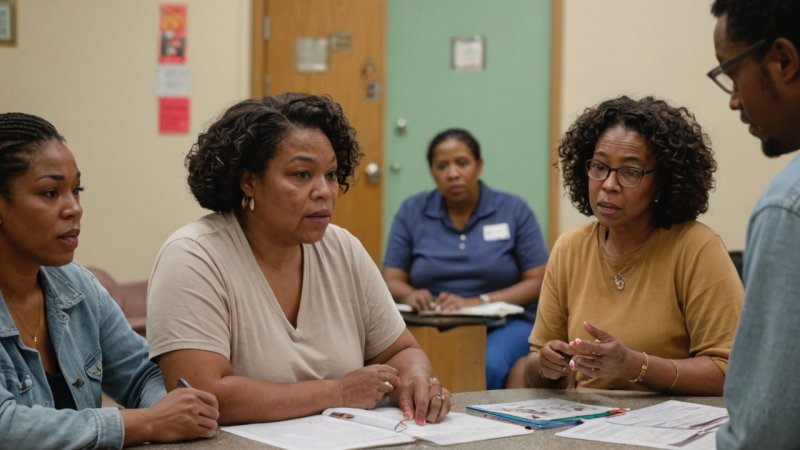The importance of mental health has gained significant attention in recent years, yet many individuals continue to face barriers in accessing the support they need. Advocating for mental health policy changes is essential to ensure that everyone has access to comprehensive care, resources, and support systems. Here are five impactful ways you can become an advocate for mental health policy changes in your community and beyond.
1. Educate Yourself and Others
Knowledge is the foundation of effective advocacy. Understanding the current landscape of mental health policies, the challenges faced by those with mental health conditions, and the statistics surrounding mental health can empower you to speak confidently on the topic. Here’s how you can educate yourself:
- Read up on the latest research and reports from reputable organizations.
- Attend workshops, webinars, or community discussions focused on mental health.
- Follow mental health advocates and organizations on social media for updates and insights.
Once you’ve gathered information, share it with your community. Host discussion groups, write articles, or create social media posts to raise awareness about mental health issues and policies.
2. Connect with Local Advocacy Groups
Joining forces with established advocacy groups can amplify your efforts. These organizations often have the resources, networks, and experience to drive change effectively. Here are some steps to take:
- Research local mental health organizations and find out how you can get involved.
- Attend meetings or events hosted by these groups to connect with like-minded individuals.
- Volunteer your time or skills to support their initiatives.
By collaborating with these groups, you can contribute to larger campaigns and movements aimed at changing mental health policies.
3. Engage with Policymakers
One of the most direct ways to influence mental health policy is to engage with your local and national policymakers. Here’s how you can approach this:
- Identify your local representatives and their stance on mental health issues.
- Request meetings to discuss mental health policies and share personal stories or statistics that highlight the need for change.
- Write letters or emails advocating for specific policy changes, such as increased funding for mental health services or the implementation of mental health education in schools.
By maintaining open lines of communication with policymakers, you can keep mental health issues on their radar.
4. Raise Awareness through Social Media
Social media is a powerful tool for advocacy. Use your platforms to spread awareness about mental health policies and advocate for change. Here are some strategies:
- Create informative posts that highlight mental health statistics, personal stories, or the importance of policy changes.
- Use hashtags related to mental health advocacy to reach a wider audience.
- Engage with followers by encouraging discussions, sharing resources, or promoting local events.
By harnessing the power of social media, you can create a community that supports mental health advocacy and policy change.
5. Participate in Mental Health Awareness Events
Participating in mental health awareness events can help you connect with others who are passionate about advocating for mental health policy changes. Here are some ways to get involved:
- Attend or volunteer at local mental health awareness events, such as walks, seminars, or panel discussions.
- Organize your own event to bring attention to mental health issues in your community.
- Collaborate with schools, businesses, or organizations to host mental health workshops or forums.
These events not only raise awareness but also provide opportunities to engage with community members and leaders about mental health policies.
In conclusion, advocating for mental health policy changes is crucial for creating a society where everyone has access to the resources they need. By educating yourself and others, connecting with local advocacy groups, engaging with policymakers, raising awareness through social media, and participating in mental health awareness events, you can make a significant impact. Every action, no matter how small, contributes to the larger movement for mental health equity and justice.






